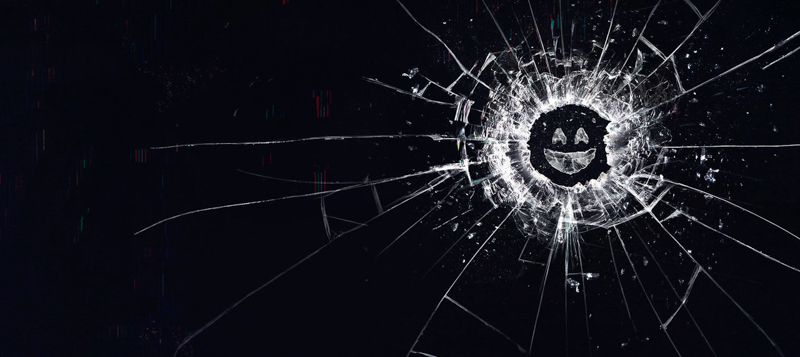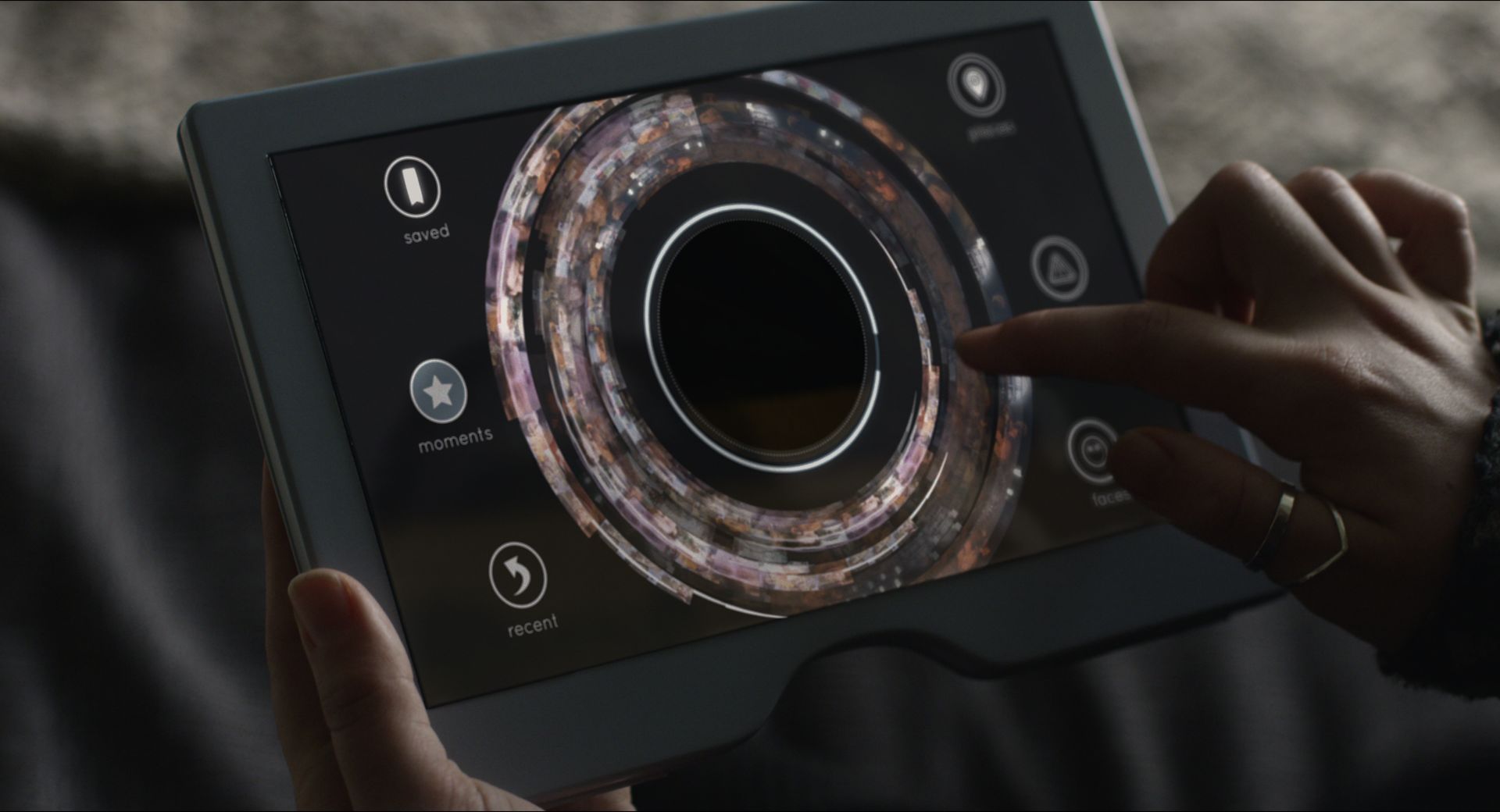Are digital media technologies impacting on the controlling attitudes of human culture,
increasing and enhancing their capabilities, and pushing the limits towards unforeseen scenarios and dangerous censorship?
Move the mouse on the topic you are interested in reading.
Our dependency from technology only magnifies our obsession with controlling
and manipulating other people and their perception of the world using censorship;
Just because technology is able to provide us with such a manipulated and over protected vision of the world,
it does not mean that we have to take advantage of it in spite of other people’s life experiences.
We cannot trust every technological invention just because it is innovative and gives comfort,
sometimes technology is our worst enemy, as it leads us to allow ourselves to push way past the limits.
Digital Media Culture
The Media are communication technologies, specific technologies and social networks, that carry a message.
They are considered to be tools of influence: with the digital, the media changed - with the media, human culture changes.
Every aspect of our life nowadays relies on digital technologies... Like McLuhan would have said it, "the medium is the message,"
and, as a consequence of that, "technology shapes society."
Transcoding
The theory of Transcoding can be very effectively used to analyze the episode, as it is a principle that describes
the computerization of culture, therefore, how the computational layer shapes and changes human cultures;
For instance, the human culture seen in the episode is characterized by the presence of technology and its commodities so
deeply embedded into the entire human culture, that people tend to abuse them even though they eventually
damage irreparably their relationships and their lives.
Automation
Automation is at the foundation of the controlling issue, since, in the case of this episode,
the microchip’s technology made it so easy to not only access but also manipulate the media,
that the mother felt entitled to do it exactly because it didn’t seem to have a big impact on the daughter’s life.
The mother chose to employ it as a safety tool to protect the daughter from violence, however, the more the story progresses,
the more we become aware of how much profoundly it is damaging the little girl's growth.
Algorithms
All of this is a consequence to the fact that this technology works according to algorithms,
namely “every set of rules that reduces the solution of a problem to a predetermined sequence of actions”,
which, in the case of the episode, would be the blurring of the girl’s vision as soon as she enters in contact
with violent behavior, or anything that the mother feels might be disturbing to the daughter.
This way, the child grows up without ever having the chance of facing the world’s reality.
The algorithm blurs anything even slightly threating to the child’s innocence, without being able of making
a right distinction between what could really disturb her and what not.
Virtual
The concept of Virtual is also applicable to the episode, as it does not indicate just a simulation,
but a potential future, since it is to be seen as in relation to the “actual,” instead of the “real.”
Therefore, the virtual is a kind of temporal dimension, a potential future that depends on what is happening today.
Arkangel is a perfect example of this, as the world that is depicted in the episode, an extremely digital society,
is being damaged by the excessive reliance that the society has on the digital, something that might directly depend
on the growing reliance that we are developing today.
Bibliography
((Some of these sources I have already integrated in the text above,
others I still need to use. However, I have not yet added proper in text citations))
1. Manovich, L. (2002) The Language of New Media, Cambridge, MA: MIT Press; selected excerpts.
2. Lister, M., Dovey, J., Giddings, S., Grant, I., and Kelly, K. (2009)
‘1.2 The characteristics of new media: some defining concepts’, New Media.
A Critical Introduction. 2nd edition. London and New York: Routledge; pp.13-44.
3. Ryan, M., Emerson, L., and Robertson, B. J. (eds.) (2014) The Johns Hopkins guide to digital media,
Baltimore: MD: John Hopkins University Press; various entries.
4. Lauf, Jordan. (Dec 29, 2017). ’Black Mirror’s “Arkangel” Is An Extremely Creepy Take On The Very Real Effects Technology
& Censorship Have On Kids. Retrieved from Bustle.com
5.Rosin, Hanna. (2014). The Overprotected Kid. Retrieved from Atlantic.com
6. Cooper, Charlie. (Sept 4, 2015). Overly-controlling parents cause their children lifelong psychological damage,
says study. Retrieved from Independent.co.uk


